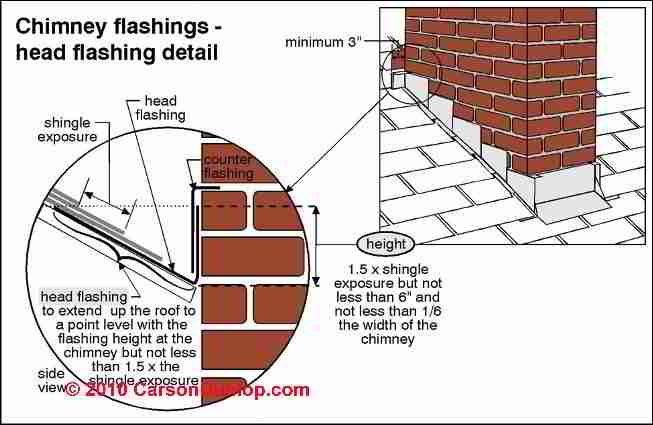Some Known Factual Statements About Roof leak where chimney meets roof - Home Improvement


Why Your Chimney Leaks: Common Causes of Chimney Problems
Facts About Who Should I Call to Fix a Chimney Leak? - Burlington VT Uncovered
This was an older home with an unlined brick chimney. In 1900 when it was constructed that chimney brought wood or coal smoke I'm sure. Someplace along the way a gas furnace was installed, however the chimney was not lined with an appropriately sized liner. How to fix it Gas fumes are very low temperature and have a lot of wetness in them.

Leaky chimney repair - We can fix your leaking chimney
and we resolved the issue. # 4 Chimney Flashing Causes Leakages The flashing is what keeps water from entering into the location where the brick structure comes through the roofing system (or otherwise comes close to the roof.) There's a relatively big gap in between the bricks and the roofing and water will pour through that hole if it's not sealed up.

Some sort of water proof "things" seals those spots. Though it's far from the finest option, the "things" is typically tar. In any occasion, flashing doesn't last permanently and the tar lasts even less time. How to repair it There are much better materials for sealing the flashing now. If you get a chimney sweep to repair your flashing, inform him you want Flash Seal by Saver Systems.
# 5 Chimney Leaks Triggered By Dripping Bricks Bricks and mortar both pass water, and often lots of it. SmartLiving is the same just like the crown- the freezing and thawing all winter season long with the resulting damage which causes leakages in the home. You have most likely heard of waterproofing a chimney, but you have to take care about what waterproofing product to utilize.
The 10-Second Trick For roof leak around faux chimney (reroof, installed, standard
The exceptions may be for a surface in the shade or on the side of the home where the sun never ever shines; those walls just remain damp. That water does try to escape by "falling" i. e. the water weight (or head pressure) brings it towards the ground where it forces its escape of the bricks either inside or beyond your home.
Some bricks in fact get soggy, though it's most likely that the water will simply leak to the inside of your home. To the point, utilizing silicone based water sealants may trap water and trigger more damage than you began with. Use polysiloxane type waterproofing agents, such as Chimney Saver by Saver Systems.
